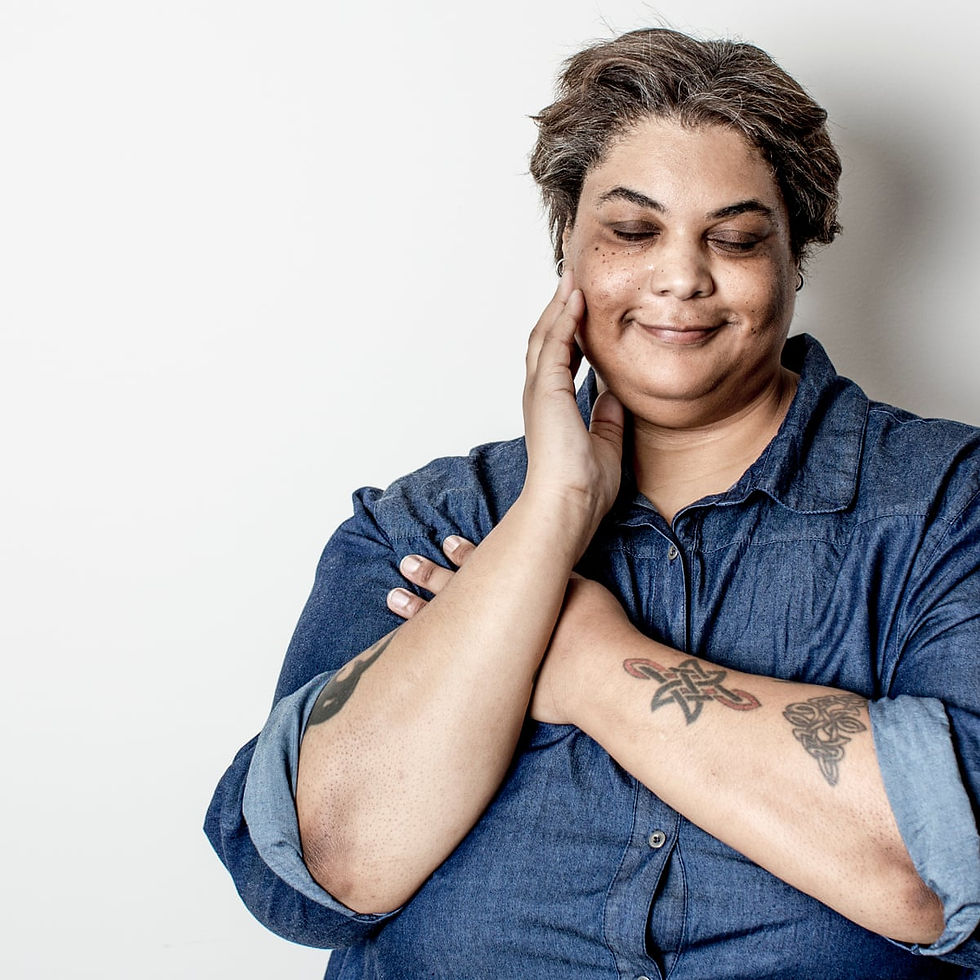LYF Matters: Valuing All Black Lives
- Kimberly Nichole
- Jun 26, 2020
- 4 min read
Updated: Jun 28, 2021
“I am not free while any woman is unfree, even when her shackles are very different from my own.” Audre Lorde
Shouldn’t all Black Lives Matter, even when their lives look very different from your own?
This question is posed by Black members of the LGBTQ+ community during this unique time of putting the world on notice that Black lives do indeed matter.
If you’ve paid attention to any coverage of any major US city in recent weeks, you’ve surely seen the massive groups of citizens gathered together by the thousands, flooding the streets, marching in protest. In case there’s any confusion, we are indeed still in the middle of a global pandemic. What could possibly be so urgent that so many are willing to brave such populated crowds, as COVID-19 wreaks havoc in densely populated communities throughout the US? The urgency of marginalized groups making their voices heard as they fervently fight for civil equality.
Senseless and unjustified killings of black people at the hands of the police have sparked nationwide outrage, not just by black people, but by people of all races and ethnicities that recognize the staggering disparities that exist between black and white citizens when it comes to treatment by police and the justice system as a whole.
The Black Lives Matter (BLM) Movement was established in 2013 on the heels of the acquittal of a self-appointed vigilante charged with murdering Trayvon Martin. Today, in 2020, black lives are still undervalued as countless unarmed, innocent black lives have tragically ended at the hands of the police, usually with little to no consequence. The movement saw another uprising as May came to an end, and a black man by the name of George Floyd was murdered by police in broad daylight, on camera, in front of a crowd of people. The people have had enough, and have decided to take to the streets to demand justice.
This recent BLM protest closed out the month of May, carrying over into June, which is also Gay Pride Month, when the LGBTQ+ community observes their own struggle and fight for equality. A commonality between the two marginalized groups is that Gay Pride also emerged as a result of police brutality and resistance, with Gay Pride emerging as a result of the Stonewall Riots that happened in June of 1969 in New York. At that time, homosexuality was considered a crime, and it was common for police to raid clubs and bars, arresting homosexual and transgendered patrons. Rioting broke out on June 28, 1969 after a raid took place and officers violently handled lesbian patrons. Annual Gay Pride marches and parades began the following year in June of 1970, and continue today, with many of this year’s groups marching alongside Black Lives Matter protestors.
However, as we are shouting Black Lives Matter, we must also amplify the message that Black LGBTQ lives matter as well. Those who are members of both the Black community and the LGBTQ+ community, aren’t able to choose their struggle, falling under the oppression of both racism and homo/transphobia. Black trans lives are also being targeted and stolen at an alarming rate compared to non-black persons, but there remains a jarring imbalance at the amount of outrage from the Black community.
So while the Black community currently has the world’s ear, this Pride month, the LGBTQ+ community saw fit to pay homage and amplify Black Queer voices. Their stories and their perspectives help to progress the movement.
If you are seeking ways to become an ally or just in search of more information, check out the resources below.
Read Black Queer Literature

“People who treat other people as less than human must not be surprised when the bread they have cast on the waters comes floating back to them, poisoned.” James Baldwin, No Name On the Street

“To have privilege in one or more areas does not mean you are wholly privileged. Surrendering to the acceptance of privilege is difficult, but it is really all that is expected. What I remind myself, regularly, is this: the acknowledgment of my privilege is not a denial of the ways I have been and am marginalized, the ways I have suffered.” Roxane Gay, Bad Feminist: Essays

“For the master’s tools will never dismantle the master’s house. They may allow us to temporarily beat him at his own game, but they will never enable us to bring about genuine change. Racism and homophobia are real conditions of all our lives in this place and time. I urge each one of us here to reach down into that deep place of knowledge inside herself and touch that terror and loathing of any difference that lives here. See whose face it wears. Then the personal as the political can begin to illuminate all our choices.” Audre Lorde, Sister Outsider
Follow Black Queer Content Creators

Laverne Cox @lavernecox

Kat Blaque @kat_blaque

Janet Mock @janetmock
Support Black Queer Artists

Big Freedia
@bigfreedia

Ze Taylor
@FATHERBONNET

Tona Brown
@tonacity
Donate to Black Queer Organizations
The Black LGBTQIA+ Migrant Project
The Marsha P. Johnson Institute
The Audre Lorde Project


Comments